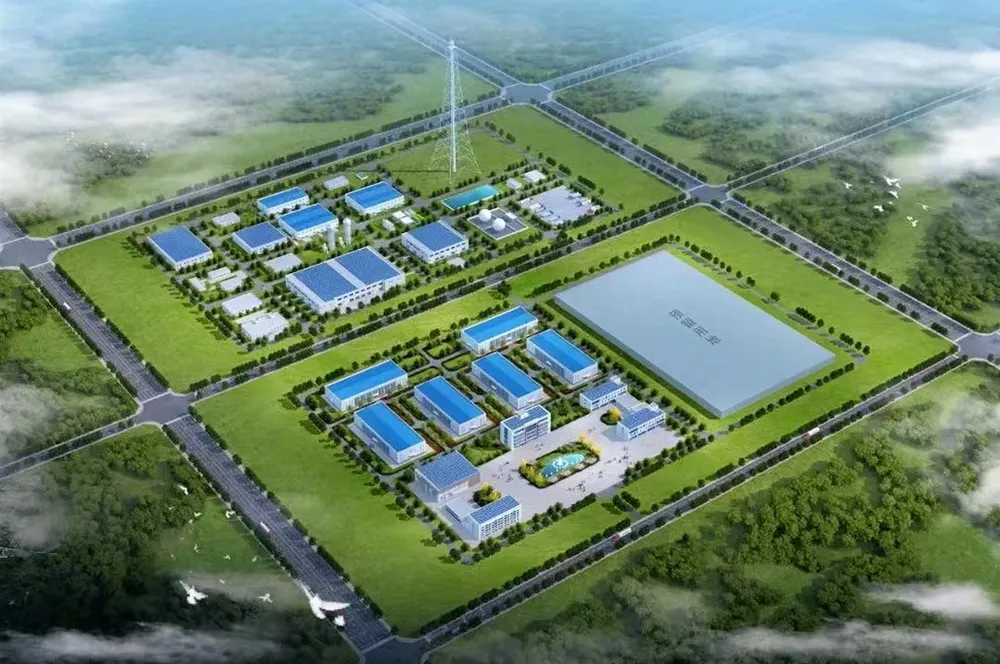Firm contracts | World's leading clean-hydrogen buyers largely focused on replacing existing dirty H2
Heavy hydrogen users — such as Shell, BP and Yara — among the top offtakers of green and blue H2, says analyst Rystad Energy

Heavy hydrogen users — such as Shell, BP and Yara — among the top offtakers of green and blue H2, says analyst Rystad Energy
